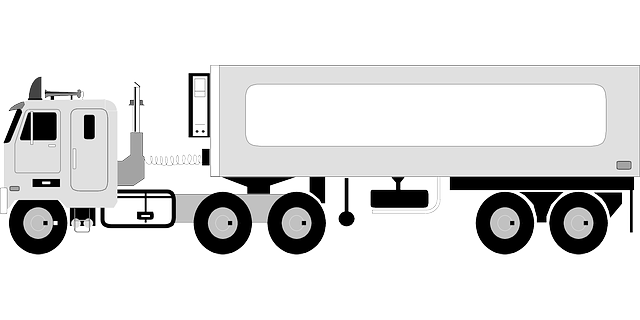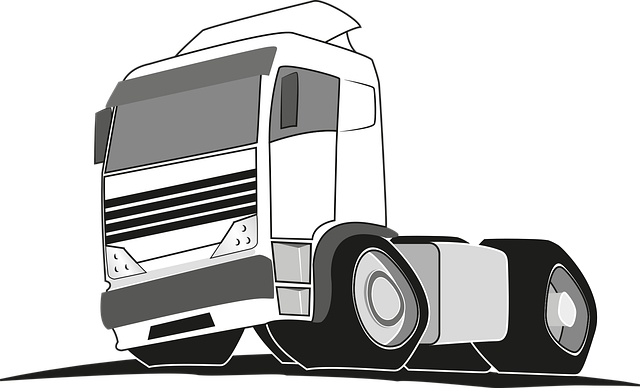Tow trucks, due to their size and operational nature, face heightened risks on the road, leading to potential legal and financial liabilities. Comprehensive tow truck insurance is crucial for mitigating these risks by offering protection against property damage, bodily injury, and legal fees. This coverage enables towing companies to operate with peace of mind, focus on safe and efficient service delivery, and maintain business integrity in an unpredictable environment. Tailored policies should include liability coverage, collision insurance, medical payments, and comprehensive protection to shield businesses from significant financial losses. Effective risk management strategies, such as regular maintenance, driver training, and incident record-keeping, complement this insurance by preventing claims and reducing burdens when they occur.
In the dynamic landscape of roadside assistance, tow trucks play a vital role but come with unique liability risks. This article delves into the essential aspects of comprehensive tow truck insurance, exploring the challenges and opportunities in risk management for these critical service providers. We examine the importance of tailored coverage, including collision insurance, to safeguard businesses and drivers. By understanding liability exposure, operators can navigate claims effectively and ensure a robust risk management strategy.
- Understanding Tow Truck Liability: Risks and Challenges
- The Importance of Comprehensive Collision Insurance for Tow Trucks
- Key Components of a Tailored Tow Truck Insurance Policy
- Navigating Claims and Risk Management Strategies
Understanding Tow Truck Liability: Risks and Challenges

Tow trucks face unique risks on the road, from transporting heavy vehicles to operating in various weather conditions, which can lead to potential liability issues. One of the primary concerns is collision insurance, as tow trucks are often involved in accidents due to their size and the nature of their work. These collisions can result in significant damage to property, injuries, or even fatalities, exposing the towing company and drivers to substantial legal and financial consequences.
Comprehensive tow truck insurance plays a crucial role in mitigating these risks. It provides protection against various liabilities, including property damage, bodily injury, and legal fees arising from accidents or incidents during the towing process. With this coverage, companies can ensure that their operations remain protected, allowing them to focus on providing efficient and safe services without the constant burden of potential financial losses.
The Importance of Comprehensive Collision Insurance for Tow Trucks

In the high-risk world of towing, where unexpected situations and collisions can occur at any moment, having comprehensive collision insurance is paramount for tow truck operators. This type of insurance acts as a shield, protecting businesses from financial instability that may arise from accidents or damage to vehicles during tow operations. Comprehensive tow truck insurance covers not just the cost of repairs but also legal fees and potential liability claims, ensuring that operators can navigate post-collision scenarios with peace of mind.
By investing in this essential coverage, tow truck companies can mitigate risks associated with their daily operations. It allows them to focus on providing efficient service without worrying about the financial burden of accidents. Moreover, comprehensive collision insurance demonstrates a commitment to safety and risk management, making it an attractive aspect for both customers and business partners in the competitive towing industry.
Key Components of a Tailored Tow Truck Insurance Policy

A tailored tow truck insurance policy is a crucial safety net for businesses operating in this high-risk industry. Key components to look for include liability coverage, which protects against claims arising from accidents or property damage caused during towing operations. Collision insurance is also essential, covering the cost of repairs or replacement if your tow truck is involved in an incident, be it a collision with another vehicle or stationary object.
Additional features may include medical payments coverage for any injuries sustained by passengers or bystanders, and comprehensive insurance that protects against various risks such as theft, vandalism, and natural disasters. These elements work together to ensure that operators are shielded from significant financial losses and can maintain the integrity of their business in an unpredictable environment.
Navigating Claims and Risk Management Strategies

Navigating claims and implementing robust risk management strategies are paramount for tow truck businesses aiming to mitigate financial losses and maintain operational efficiency. Comprehensive tow truck insurance plays a pivotal role in this process, offering protection against various liabilities that arise during routine towing operations. By understanding the specific risks involved—such as vehicle damage, personal injuries, or legal disputes with clients—business owners can tailor their insurance policies accordingly.
Effective risk management involves proactive measures like regular fleet maintenance to minimize mechanical failures and accidents. Additionally, training drivers on safety protocols and keeping detailed records of all towing incidents can significantly reduce the likelihood of costly claims. Proactive management not only helps in claim prevention but also ensures that when a claim is made, it’s handled swiftly, potentially reducing legal and financial burdens on the business.
In conclusion, navigating the complexities of liability and collision insurance for tow trucks is paramount to ensuring operational continuity and financial protection. By understanding the unique risks involved, investing in comprehensive collision insurance, and tailoring coverage to specific needs, tow truck operators can mitigate challenges and safeguard their businesses. Implementing effective claims management strategies further strengthens risk mitigation, allowing operators to focus on providing essential services with peace of mind.
